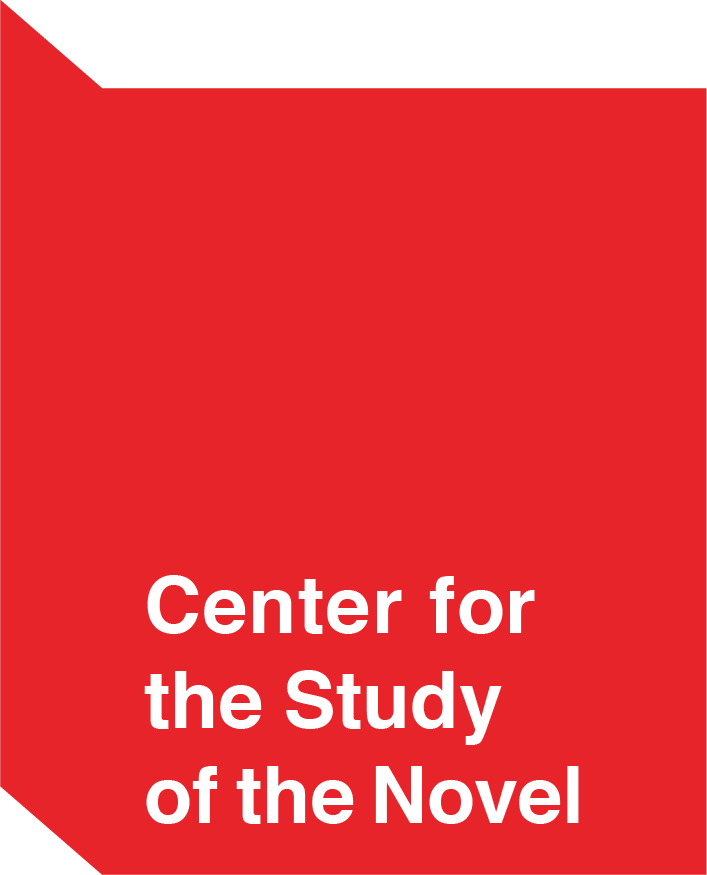While the term “humanitarian narrative” is common in literary, social, and humanitarian studies, even Thomas Laqueur, who was among the first to use it, did not offer a specific definition. In a broad sense, we can define “humanitarian narrative” as a type of text that provokes sympathy in readers for those in need. This sympathy can serve as an impetus for further actions like charitable donations and social activism, or even result in the granting of asylum or refugee status to the protagonists in these narratives. Considering the potential impact that humanitarian narratives can have on individuals in “real life”, what kinds of specific devices or narrative techniques may ensure not only sympathy, but also action on the part of the reader? How can one depict a crisis and those affected in a respectful way, such that due attention is brought to the urgency of a situation without reducing affected individuals to mere bodies in need? To what extent are authenticity and credibility important for the effectiveness of humanitarian narrative, and does the literary medium enhance the notion of authenticity or challenge it, potentially perpetuating a “culture of disbelief” among readers? We hope to address these questions at our round table discussion during the next meeting of the Working Group on Narrative.
Short papers will be presented by DLCL PhD candidates Olga Ovcharskaia (Slavic) and Irene Kuo (German) and by Professor Gavin Jones (English), with a discussion to follow.
The event will take place in person in the Terrace Room of Margaret Jacks Hall on Thursday, April 28th, from 5-7pm.

